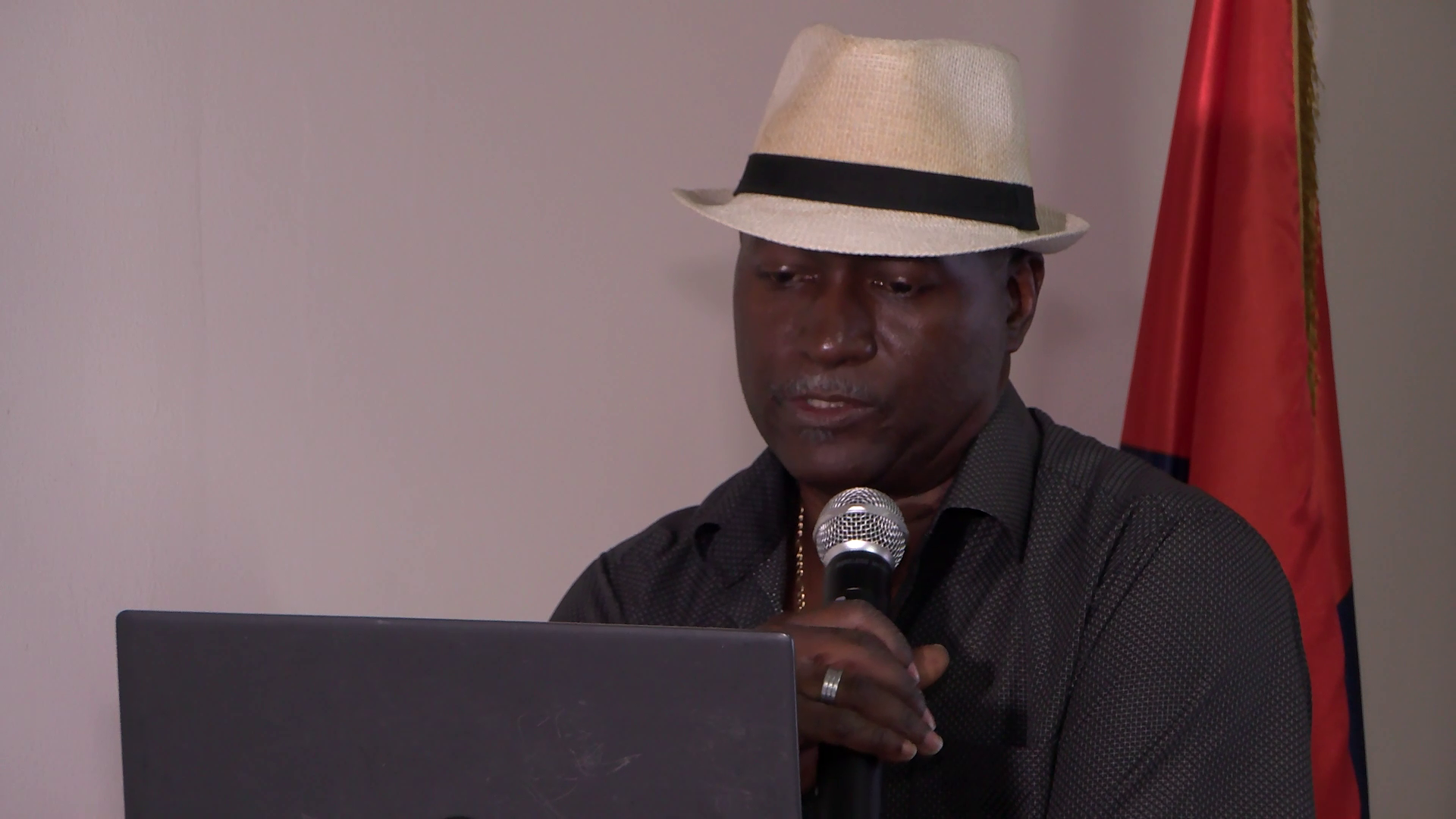There’s a shift happening inside the Auditor General’s Department and it’s all about ethics. According to Henry, many longtime auditors who were around more than a decade ago refused to sign on to the department’s code of ethics. Most of them have since moved on. But here’s the twist, newer employees have signed the code without fully understanding what they agreed to.
Gerald Henry, Public Officer
“The reason why we did not sign is because in addition to what we showed, there was an additional part where it speaks to discipline. That part was the dangerous part for us. That part said the office can discipline us at any time for any reason and we could be disciplined by the institute of chartered accountants which is a private body. So that is the reason why. That was added to the code of ethics from the international organization. If that was not there we would have signed, let me say it that way. We would have signed no problem at all.”
Reporter
“So the workers have signed on?”
Gerald Henry
“Yes because they don’t know better. They don’t know that it contains that part and how dangerous it is. They went to all lengths to have us sign this thing. We went to retreats, had parties and at the end of those events, oh we have the code of ethics we want you to sign. We remained steadfast that no matter how they brought it we said no. we maintained that it was a dangerous document to sign so we refused to sign.”
A review of an online copy of the code of ethics shows that disciplinary matters are coordinated by the Public Service Commission. We will continue to follow.
